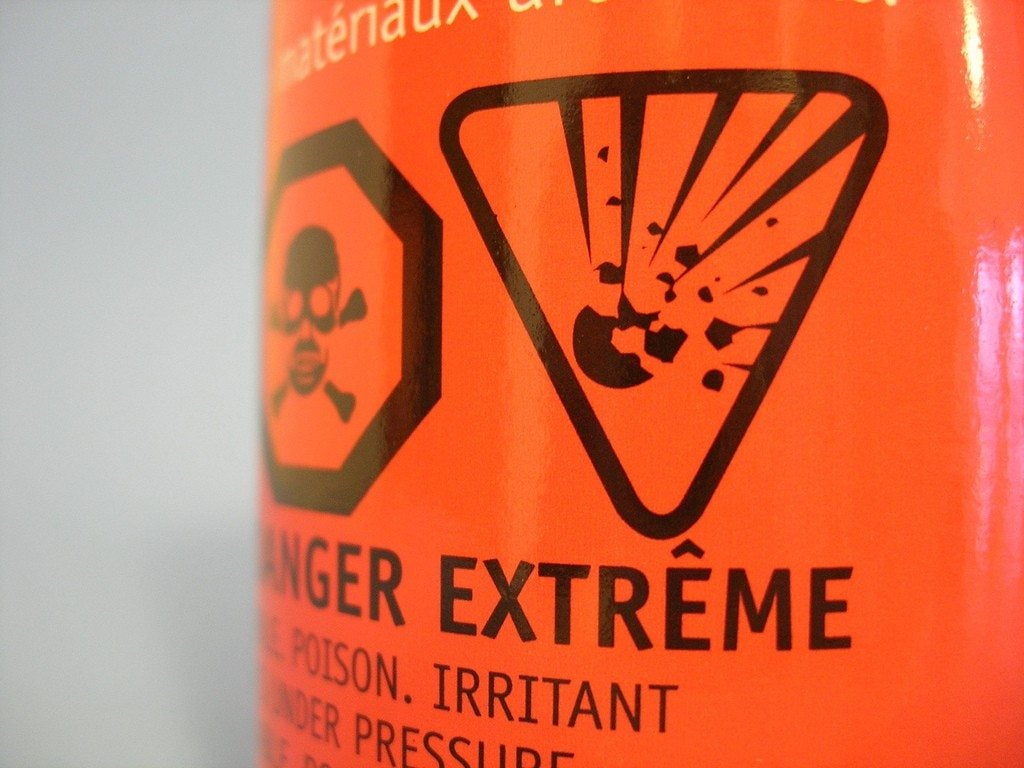Learn More About Pesticides And Pesticide Labels


What are pesticides? Why should we pay close attention to pesticide labels? And what are the dangers of pesticides if we don't? Keep reading to learn the answers to these questions about different types of pesticide.
What are Pesticides?
Many people call a spray that controls the bugs in their gardens a pesticide, and that is partially true. However, that spray actually carries the sub-classification as an insecticide that is under the overall heading of pesticides. Just as a product that controls or kills weeds in the garden is at times called a pesticide, it carries the sub-classification as an herbicide. That being said, what would a person call something that controls/kills plant mites? This would carry the sub-classification as a miticide under the overall classification as pesticides. The reason it is called a miticide rather than left under insecticide is due to the fact that these products are, by their formulation, more specific as to what they control. Most miticides will control ticks as well. A product used to control fungi on plants is classified as a fungicide, still under the overall classification of pesticides. Basically, any chemical that we use to control some form of pest is a pesticide. The sub-classifications get more down to the nuts and bolts of things as to what that pesticide actually works to control.
Reading Pesticide Labels
The most important thing you can do before buying any pesticide is to read the pesticide label very well. Check out its toxicity level and find out what personal protection is recommended when applying the type of pesticide you are using. You can usually readily tell the toxicity level of the type of pesticide by watching for certain "signal words" or a graphic on the pesticide label. The toxicity levels on pesticide labels are:
- Class I - Highly Toxic - signal words: Danger, Poison and Skull & Crossbones
- Class II - Moderately Toxic - signal word: Warning
- Class III - Slightly Toxic - signal word: Caution
- Class IV - Toxic - signal word is also: Caution
I cannot stress enough how important it is to read the pesticide label on the product you are using prior to buying the product and again prior to mixing or making application of the product! This will help you avoid the health dangers of pesticides. Another extremely important thing to remember is to water your rosebushes or plants well prior to the application of any insecticide, fungicide or miticide! A well hydrated plant is far less likely to have problems with the pesticide applied. The only exception is concerning the application of Herbicides of course, we want the weed thirsty so it drinks up the herbicide for best performance. Note: Any recommendations pertaining to the use of chemicals are for informational purposes only. Chemical control should only be used as a last resort, as organic approaches are safer and more environmentally friendly.
Sign up for the Gardening Know How newsletter today and receive a free copy of our e-book "How to Grow Delicious Tomatoes".

Stan V. Griep contributed to Gardening Know How for many years and has been a Colorado Native Rosarian for over four decades. He is an American Rose Society Certified Consulting Master Rosarian in the Rocky Mountain District, and a member of the Denver Rose Society, the Loveland Rose Society, and the American Rose Society. He is Gardening Know How's in-house expert on all things roses.